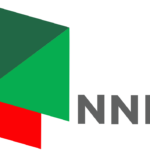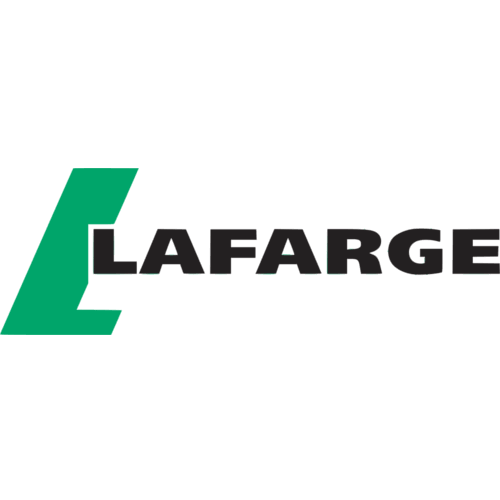BY NKECHI NAECHE-ESEZOBOR—In a significant move aimed at tackling the nation’s massive housing deficit and deepening financial inclusion, the Securities and Exchange Commission (SEC) and the Federal Mortgage Bank of Nigeria (FMBN) and have announced a strategic collaboration to develop a robust Non-Interest Mortgage (NIM) ecosystem.
The partnership, unveiled at a high-level meeting in Abuja, Friday, seeks to create and regulate viable, Sharia-compliant financing structures that will enable millions of Nigerians, particularly those excluded from conventional interest-based loans, to access affordable homeownership.
With Nigeria’s housing deficit estimated to be over 28 million units, the initiative is being hailed as a potential game-changer. It directly addresses a key barrier to homeownership: the affordability and religious compliance of mortgage products for a significant segment of the population.
Director-General of the SEC, Dr. Emomotimi Agama while emphasizing the Commission’s role in ensuring the integrity and stability of the proposed financial instruments, stated that the SEC would provide the necessary regulatory guidance and framework to facilitate the issuance of Sukuk (imic bonds) and other non-interest capital market products to fund these mortgages.
“Our collaboration with FMBN is pivotal to unlocking long-term financing for the housing sector,” Dr. Agama said. “By creating a clear regulatory pathway for non-interest mortgage-backed securities, we can attract ethical investors, both domestic and international, to channel funds into this critical area. This will create a virtuous cycle of funding, construction, and ownership.”
In his remarks, the Managing Director/Chief Executive Officer of FMBN, Mr. Shehu Osidi, stated that the collaboration marks a critical step in fulfilling the bank’s mandate to provide affordable housing for all Nigerians.
“For a long time, a substantial number of our citizens have been unable to participate in the National Housing Fund (NHF) scheme due to the interest-based nature of conventional mortgages. This partnership with SEC is a strategic response to that gap. We are committed to developing non-interest mortgage products that are not only ethical and inclusive but also financially sustainable.”,”Osidi said.
Also commenting, Housing and finance expert, Mr Ebilate McYoroki , welcomed the development describing it as “long overdue.”
“This is a masterstroke in financial inclusion,” he said. “It taps into a vast pool of potential homeowners and investors who have previously been on the sidelines. If implemented transparently, it could significantly accelerate the pace of housing delivery in the country.”
The successful implementation of this framework is expected to not only reduce the housing deficit but also stimulate the construction industry, create jobs, and foster greater financial inclusion, ultimately contributing to national economic growth.
How the Non-Interest Mortgage Model Works
Unlike conventional mortgages that charge interest, non-interest financing is based on principles of risk-sharing, asset-backing, and equitable returns. The models under consideration include:
· Musharakah (Diminishing Partnership): The bank and the customer jointly purchase a property. The customer gradually buys out the bank’s share through periodic payments, eventually becoming the sole owner.
· Ijara (Lease-to-Own): The bank buys the property and leases it to the customer for a fixed period. A portion of the rental payments goes towards the eventual ownership transfer.
· Murabaha (Cost-Plus Sale): The bank acquires the property and sells it to the customer at a pre-agreed markup, payable in installments.










